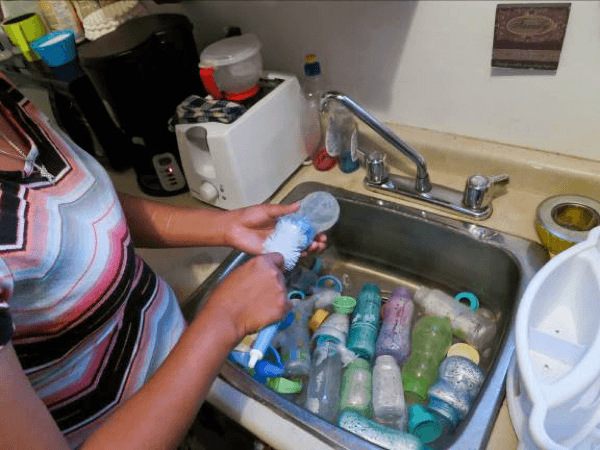Human Rights Watch Letter to Prime Minister Trudeau

Dear Prime Minister Trudeau, I write to you today to express Human Rights Watch’s deep concern that Neskantaga First Nation is once more in a state of emergency due to its inadequate water infrastructure. Human Rights Watch conducted research in First Nations communities in the province of Ontario between July 2015 and March 2016 to understand why problems with water and sanitation services persist, alongside the social and human rights impacts of these problems, including in Neskantaga. I was in Neskantaga the night of your first election in October 2015.
There was great hope that campaign promises would translate into the end of the decades-long boil water advisory. However, the completion of a long-term solution has been plagued by challenges and delays, and now the collapse of the existing system concurrent to a global pandemic is an urgent concern. We have long welcomed your government’s stated goal to end all long-term boil water advisories in First Nations and have publicly applauded some of your efforts to increase transparency regarding progress and delays towards this goal. However, these current efforts are insufficient to end the water crisis in First Nations communities.
There is a human rights imperative for swift action by your government.
The government’s own audits have shown a pattern of overpromising and underperforming, with little accountability for outcomes. Past investments of billions of dollars over decades have not translated into safe drinking water for thousands of First Nations people living on reserve. Our 2016 research laid bare that funds need to be accompanied by enforceable regulations, increased accountability, and clear planning to address past failures. Human Rights Watch found that the lack of enforceable regulations and the contested nature of the Safe Drinking Water for First Nations Act perpetuate an accountability gap enabling the design and construction of systems that do not meet the Guidelines for Canadian Drinking Water Quality or the Indigenous and Northern Affairs Canada protocols in place at the time. In addition, erratic and insufficient capital, operations and maintenance funding for water and wastewater on reserves privileges short-term execution over long-term, sustainable solutions.
The operators who cope with the flawed First Nations water and sanitations systems have patchy training and live in fear of a catastrophe in their community. Nowhere is that more clear than in Neskantaga First Nation. Consistent with our recommendations and findings in 2016 and in solidarity and support of the people of Neskantaga, we reiterate their requests to your government: Please do not hesitate to contact me with questions. Thank you for your consideration. Sincerely, Amanda Klasing Co-Director (Interim), Women’s Rights Human Rights Watch CC: Chief Chris Moonias, Neskantaga First Nation Grand Chief Alvin Fiddler, Nishnawbe Aski Nation Ontario Regional Chief RoseAnne Archibald, Chiefs of Ontario National Chief Perry Bellegarde, Assembly of First Nations Minister Marc Miller, Indigenous Services Minister Carolyn Bennett, Crown-Indigenous Relations and Northern Affairs Canada Minister Catherine McKenna, Infrastructure and Communities Minister Patty Hajdu, Health.
Read the full article at the original website
References:
